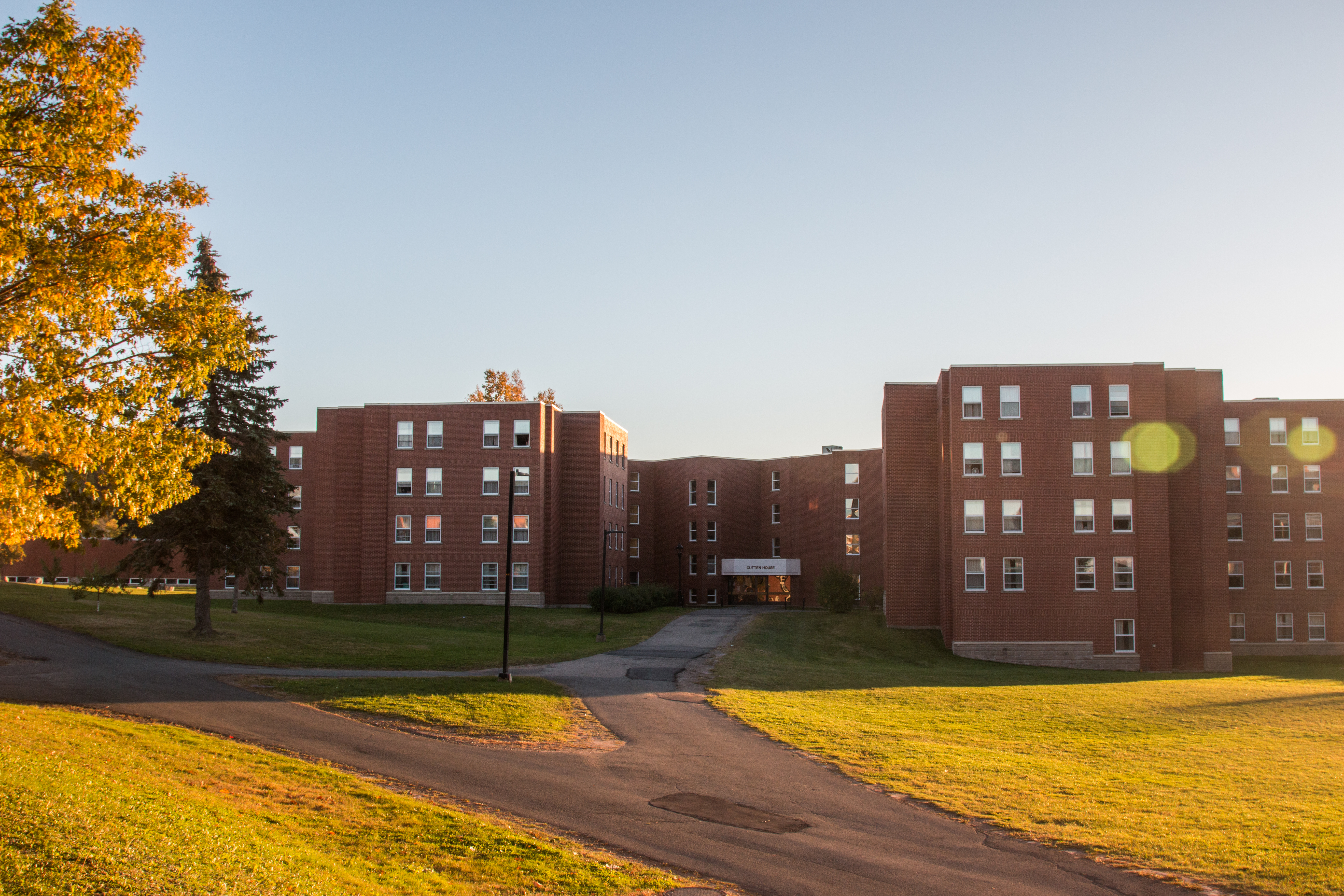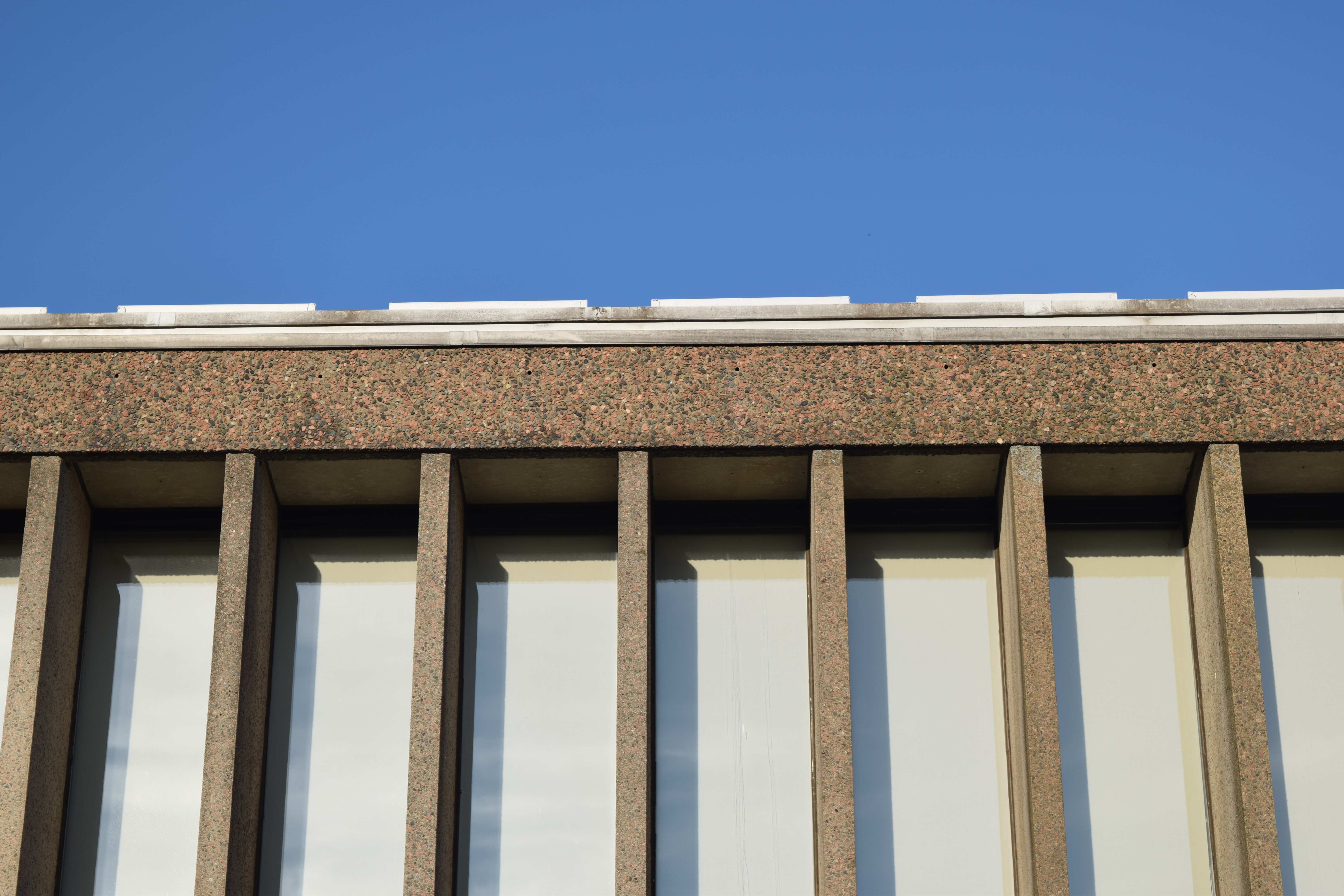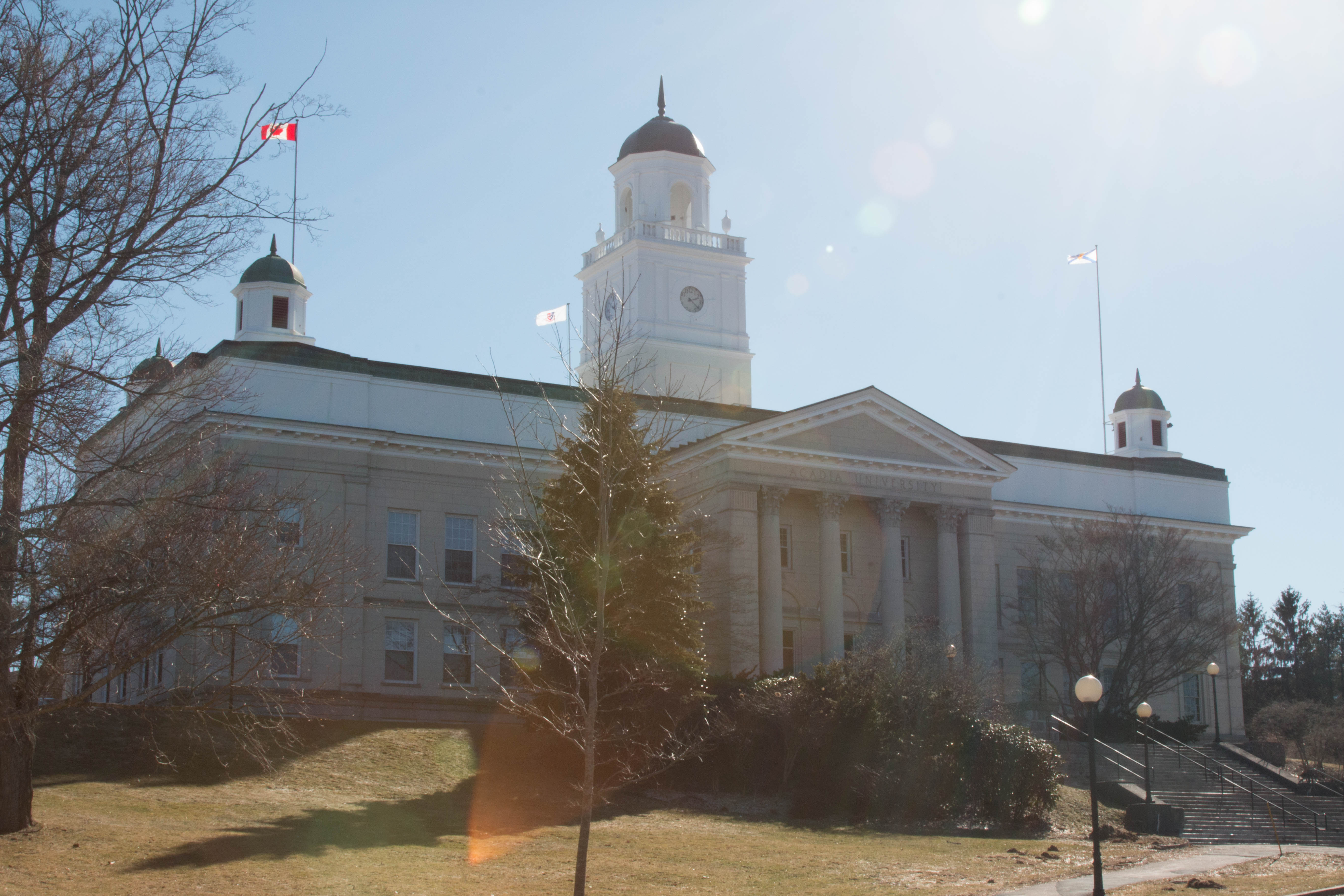“The melting pot is destructive to our race … we must build up from our resources and conserve our race power, or else we must admit only such immigrants as shall strengthen and not weaken our race, or both. The danger the melting pot brings to the nation is the breeding out of the higher division of the white race and the breeding in of the lower divisions.”
Those were the words of former Acadia University President George Barton Cutten. Born and raised in Nova Scotia, he received his BA from Acadia in 1896. During his time at Acadia, he was an accomplished athlete, captaining the university rugby team. After his undergraduate degree he made his way to Yale to earn a degree in Divinity and a PhD in Psychology. He began as a professor of Moral Philosophy at Acadia in 1907 before being appointed President in 1910 holding the position until 1922.
During his tenure, he increased enrollment and the number of courses offered and generally made many positive contributions to the school. According to a page on the Acadia University Library website, “he increased enrolment from 200 students to more than 300, increased the number of courses offered from 63 to 158, increased the number of faculty members from 15 to 25, built six new buildings, and almost doubled the university’s endowment (from $392,000 to $700,000). He took a deep interest in the Acadia Library: he initiated and raised funds for the purchase of the $10,000 J.P. Edwards Library of Canadiana, a collection of 15,000 books and pamphlets that is now known as the Dennis Collection, and continued to give books to the library even after he resigned in 1922 to become president of Colgate University in Hamilton, New York.” Some of the buildings he assisted in erecting were Rhodes Hall, Emmerson Hall, Whitman House, Willett, and the Academy Residence, only to be stifled by the First World War.
Cutten was also instrumental in helping with recovery efforts following the Halifax Explosion. On Thursday December 6th, 1917, the Imo and Mont Blanc collided in the Halifax Harbour, creating the largest non-nuclear explosion to date. At 9:00AM communications from Halifax went dark. At 9:30AM word came from Truro describing the incident, resulting in the deaths of over 2000 people. He was among those who boarded a special train that picked up doctors and nurses to bring assistance to those injured. He remained in Halifax for a year after the incident as the Director of Rehabilitation at the Halifax Relief Commission.
Well, former President Cutten has a few skeletons in his closet. The Acadia University Library has a page on their website dedicated specifically to Cutten. This page serves to flatter President Cutten’s memory extensively and follows his history at Acadia until his resignation in 1922. Presumably, it was because of these contributions that the school administration named Cutten House after him in 1975. After his resignation in 1922, he moved on to Colgate University in upstate New York.
President Cutten’s work at Colgate University has received mixed reviews. He was instrumental in massive infrastructure campaigns between 1922 and 1942, erecting several buildings and putting the university’s financial affairs in order. The university doubled its assets and faculty, which was a rarity in the Depression era. At the exact same time, he actively sought to change the university’s admissions policy to block the admission of black students and severely reduced the intake of Jewish students.
Our former President has been described as one of the most reactionary in American history. During his tenure, at the height of the Great Depression, he was a staunch supporter of the eugenics movement. In addition to being labelled a “Nazi sympathizer” by The Colgate Maroon News:
“Cutten once said, “The word democracy has become a fetish in the United States … The rule [in government] must be aristocracy.” He criticized social security as a “degrading” tool for “parasitic paupers” and also condemned modern medicine and philanthropy. Lamenting the growing multi-culturalism of the 1920s, Cutten said, “what this melting pot has accomplished is to permit persons of different races and intellectuality to marry and deteriorate our stock at an alarming rate.”
The issue of controversial figures like President Cutten is one that goes hand-in-hand with the issue of Confederate statues in the United States. In the heart of Charlottesville, Virginia, there used to be a large statue of Robert E. Lee, an infamous Confederate general. The New York Times described the statue in vivid detail:
“At the centre of the chaos is a statue memorializing Robert E. Lee. It depicts the Confederacy’s top general, larger than life, astride a horse, both green with oxidation. The white nationalists were in Charlottesville to protest the city’s plan to remove that statue”.
Following the plan to remove the statue there were deadly riots between white nationalists and counter-protesters, resulting in a nationwide dialogue about the value of Confederate monuments and whether or not they should be taken down.
Well, the people have spoken and it seems there was an overwhelming desire to take them down or move them out of public spaces.
Acadia University has made it clear that is stands for diversity and inclusion. However, does that mean that we should rename Cutten House? Or does that whitewash our history and make us all complicit in lying to ourselves about our supposed tolerance for diversity? Should we make room in our history for a legacy that isn’t so inclusive? The debates raging south of the border are undoubtedly going to creep northwards, bringing to light truths we don’t want to hear. Nevertheless, it is important that we recognize that our history is not perfect. We have made mistakes time and time again. Those who do not learn history are destined to repeat it, so let’s learn.





